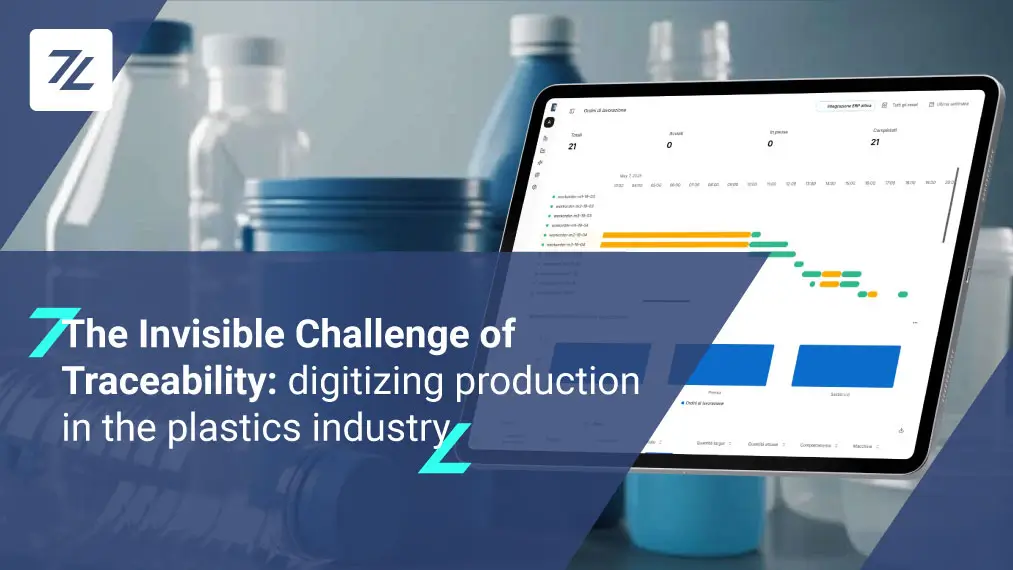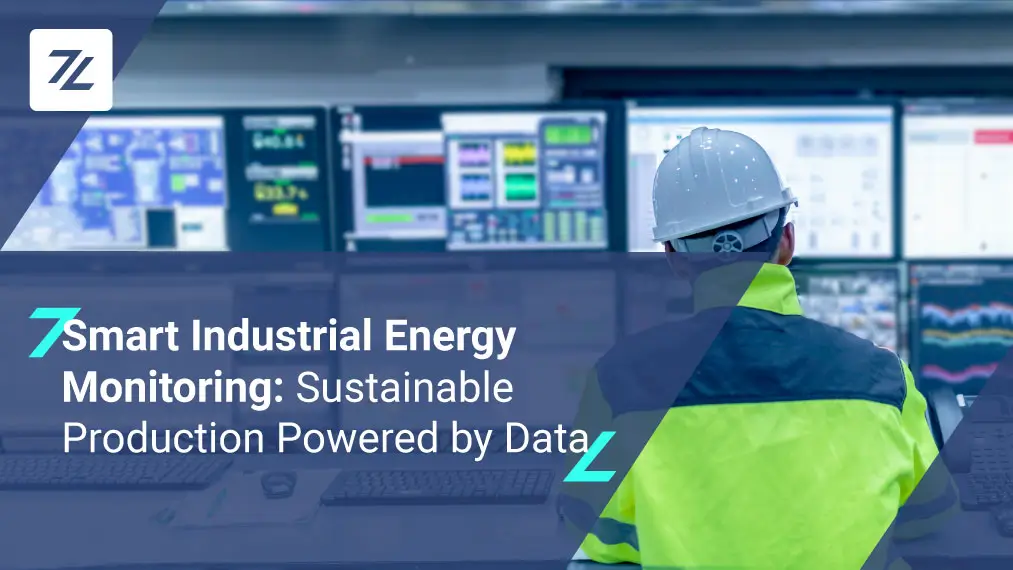In today’s fashion landscape, sustainability and social responsibility have become increasingly important and widely discussed topics.An Industry 4.0 platform can help companies respect the environmental standards.
Italian consumers are becoming more attentive to the environmental impact of purchased products and are actively seeking sustainable purchasing.
In this article, we explore how the analysis and optimization of production processes in the fashion industry can contribute to enhanced sustainability, both environmentally and economically. Keep reading to learn more!
Fashion data in Italy
The Italian fashion market experienced an interesting transformation in the first half of 2023 as it had to adapt to meet the new market demands. According to the National Institute of Statistics (ISTAT), sales of clothing and accessories increased by 6.5%.
Household income has increased, and consequently, so have expenditures on luxury goods such as clothing, footwear, and accessories. Sustainability and social responsibility have become fundamental factors in consumers’ product choices.
According to a study, 62% of Italian consumers consider it important for fashion companies to adopt sustainable practices. Indeed, companies committed to this cause have recorded positive results.
It becomes essential for companies to find solutions that make their production more sustainable, not only from an environmental perspective but also from an economic standpoint.
The Environmental Impact of Fashion
The fashion sector significantly contributes to global greenhouse gas emissions, according to the WWF report, with 1.7 billion tons of CO2 per year. Many companies consume excessive amounts of water, leading to severe pollution.
Predictions indicate that the demand for clothing will continue to grow, from 62 million tons in 2015 to 102 million in 2030, consequently increasing pollution.
Working according to current practices is not a sustainable path in the long run. An Industry 4.0 platform can help fashion companies reduce their environmental impact by creating an ecosystem respectful of our planet.
Analysis and Optimization of Production Processes for Sustainable Fashion
The fashion industry involves not only the manufacturing of fabrics but also the production of components such as zippers, closures, buttons, etc. This includes materials like plastics and metals, which are not only energy-intensive in production but also highly polluting.
Thanks to real-time monitoring and Zerynth’s Industry 4.0 platform, it is possible to obtain intelligent data to optimize production, improve machinery performance, reduce costs, and achieve increased sustainability.
Through the Zerynth Industrial IoT & AI Platform, you can:
- Monitor production processes in real-time: from performance/quality metrics to plant status, alarms, and notifications.
- Reduce order delivery times: by prioritizing deliveries, resources can be reallocated, streamlining and reducing bottlenecks.
- Precisely control product quality: monitor product quality throughout the production process, identifying issues and reducing delivery times.
- Obtain a holistic view of the production process: make informed decisions through an overview of all operational phases.
Sustainable Fashion: A Zerynth Case Study
A manufacturing company specializing in the production of metallic components for the fashion industry, needed a solution to monitor various types of legacy machinery for the production of customized work tailored to each customer.
The main needs included real-time tracking of orders along the production chain and the evaluation of piece quality to reduce waste and make the entire production line efficient. Additionally, the company needed a maintenance system to reduce machinery downtime, improve effectiveness, and reduce costs and energy consumption.
Thanks to Zerynth’s Industry 4.0 platform, data related to production could be extracted from the machinery. Through the analysis and optimization of production processes, it was possible to:
- Increase productivity: with complete 24/7 visibility of waste and product quality.
- Obtain full visibility on processes.
- Monitor processes at every stage, including machine downtime, and working hours.
- In this way, the company has achieved greater sustainability, both economically and environmentally, thanks to the reduction in energy consumption and resource waste.
Want to learn more about the Zerynth solutions suitable for your company? Contact one of our experts and schedule a meeting!
Share This Story, Choose Your Platform!
Follow Zerynth on
Latest Posts





